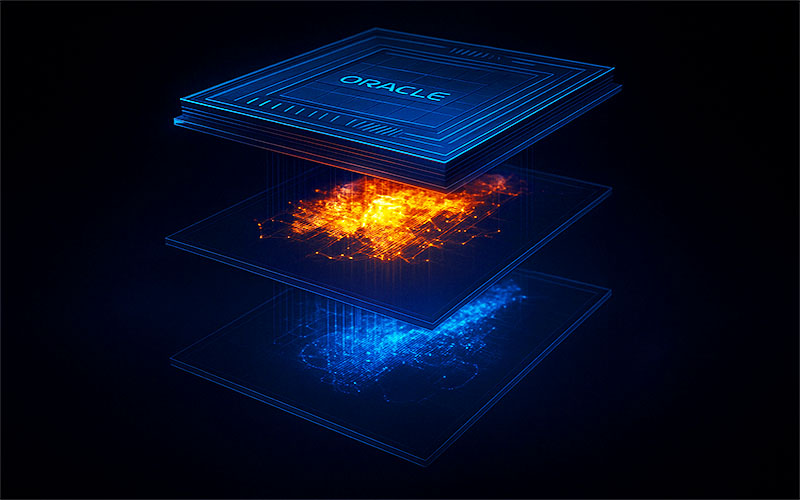
A new campaign linked to the CL0P and FIN11 groups is targeting Oracle E-Business Suite (EBS) customers across multiple industries. What makes this case different is not only the scale but also the nature of the systems under attack. The intrusions hit the very core of enterprise operations: finance, HR, and supply-chain systems that run on Oracle EBS.
This incident is a reminder that modern cyberattacks are no longer limited to endpoints or exposed web apps. The attackers are now going after the digital backbone that keeps businesses running.
The campaign’s activity is ongoing. Attackers use a mix of zero-days, credential theft, and social engineering to gain access, exfiltrate data, and pressure executives with direct ransom demands.
Researchers found that the attackers chained together multiple Oracle EBS components to achieve unauthenticated remote code execution.
Technical details show the use of:
The operation reflects the combined tactics of FIN11, known for high-volume exploitation, and CL0P, known for data theft and public shaming. This partnership creates both technical and psychological pressure on victims.
This is one of the largest known campaigns against an ERP system in years. More than 100 companies may have been exposed directly or through connected vendors. The impact includes:
The attack also highlights a growing blind spot. Many companies invest heavily in endpoint detection and cloud monitoring but neglect to harden their ERP layer, which often holds the most valuable data of all.
The Oracle EBS breach campaign is more than another headline. It marks a turning point in how attackers view the enterprise landscape. They are no longer content with breaching the edges; they are going straight for the operational core.
For defenders, the lesson is clear. Enterprise software deserves the same level of continuous monitoring, segmentation, and incident response as cloud and endpoint environments. The cost of neglecting these systems is now visible to the entire industry.